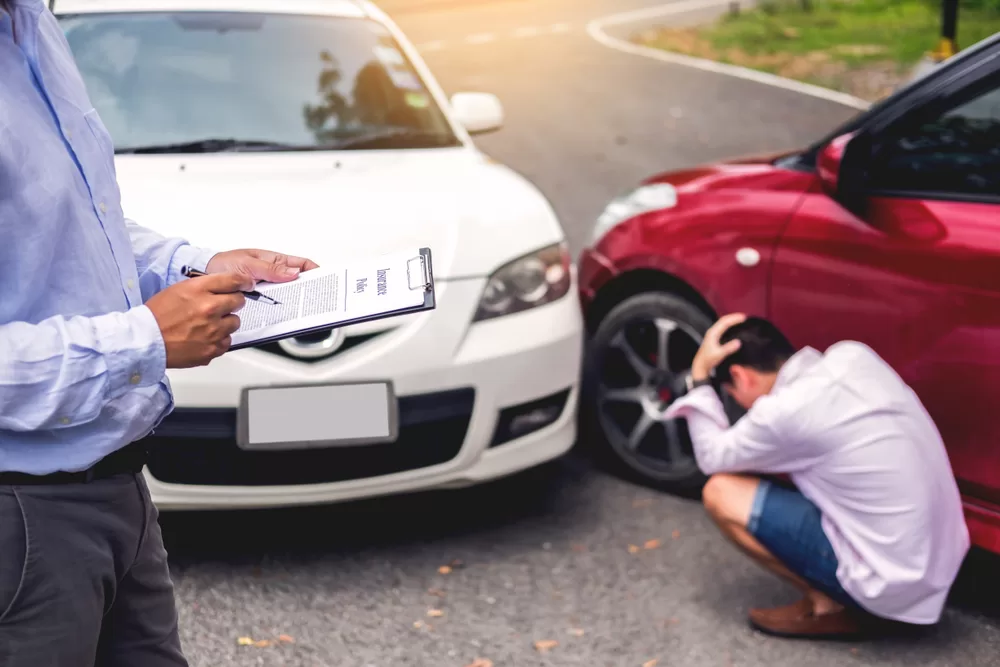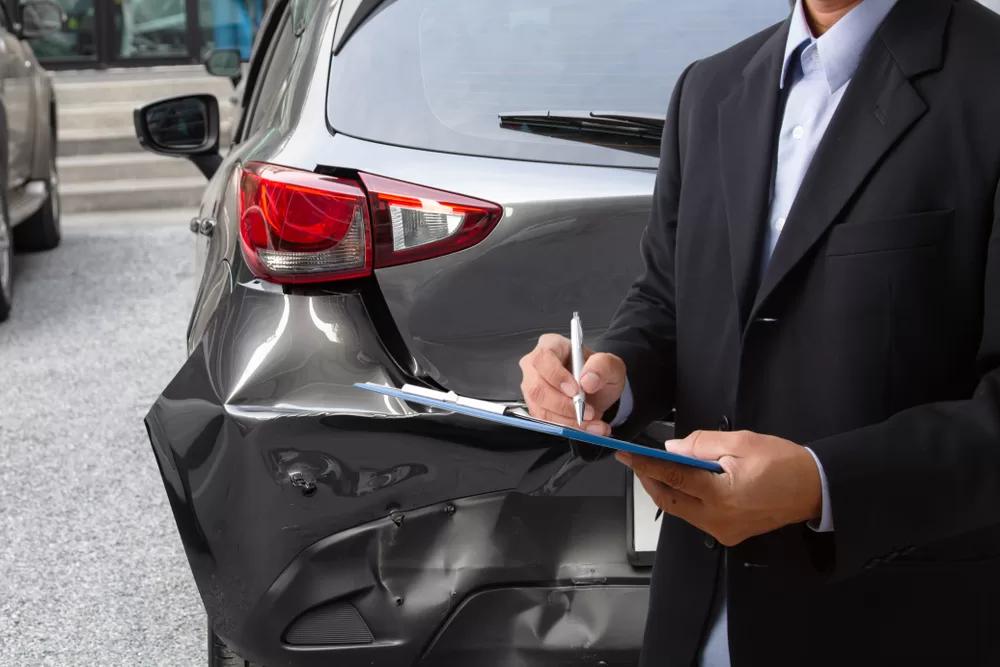It’s common for a vehicle owner whose car is written off or stolen to feel that the replacement value offered by their insurer is inadequate. JustMoney.co.za, a website that helps educate South Africans to make good money choices, considers how to avoid this outcome.
“Many vehicle owners are unaware of an often overlooked but vital piece of information: the value assigned to your vehicle,” says JustMoney Marketing Manager Shafeeka Anthony. “This seemingly small detail can be the decisive factor that determines whether you are adequately insured, or unwittingly underinsured.”

The latest South African Police Service quarterly crime statistics, for the second quarter of the year, notes that 5,119 cars were hijacked between 1 January and 31 March 2023. This equates to 57 cars being stolen in the country every day.
Many vehicle owners find themselves facing the harsh reality of inadequate coverage when this kind of incident happens.
Three key vehicle values
It pays to know the difference between three vehicle values: trade-in, retail, and market value, when insuring your vehicle.
The trade-in (or ‘book’) value is the amount a car dealership pays you when you trade a car in. It’s the lowest value for which you can insure your vehicle.
The retail value is the amount a car dealership would get for your vehicle if they were to sell it. Insuring for retail value should allow you to replace your car with one of similar value without having to pay in.
Market value is the price agreed upon by a willing buyer and seller, but in the case of car insurance, it is usually defined as the average, or midpoint, between the trade and the retail value.

How insurers select a value
TransUnion’s Auto Dealers’ Guide – previously known as the Mead and McGrouther guide – indicates the retail and trade values of cars on the market.
Many insurers will insure for market value, which looks attractive to the customer because premiums are lower. The downside is that you may be underinsured, which puts you in a vulnerable position, especially if your car is stolen or written off while it’s still under financing.
Ernest North, the co-founder of Naked Insurance, recommends that you insure your vehicle for retail value, but take out credit shortfall insurance to cover the gap between what you owe the finance house and the value for which the car is insured.
Credit shortfall usually covers the full difference between your insurance payout and the outstanding balance on your loan, including any applicable residual or balloon payment.
“It’s important to ensure you explicitly increase your level of cover by specifying any additions to your car, such as leather seats, LED headlights, or a roof rack, as these items are usually not part of the default value,” cautions North.

Vehicle valuations fluctuate
Market value fluctuates, and your vehicle could be underinsured or overinsured because of this, says Mark Ridgway, chief technical officer at getWorth.
“For example, you may have bought a vehicle for R2m in October last year and insured it for R2m, but you could easily buy a vehicle of the same make and model for R1.4m this year,” he says.
North recommends you ask your insurer what the current value of the vehicle is, and consider whether you’re happy to drive the car if there’s a gap between what you’d pay for it and the value for which it’s insured.
Wynand van Vuuren, client experience partner at King Price, says the company is rolling out agreed-value insurance, which is an amount agreed between you and the insurer over three years. This means you’ll know precisely what the payout will be if your car is written off.
Because the agreed value can be up to 20% more than the retail value, this also means that your chance of being able to replace your car with a similar vehicle is more attainable, factoring in its age, mileage, and condition.

“Previously used only for classic or rare vehicles, agreed-value insurance is a good option for customers who want greater certainty – however, premiums will be higher because the agreed amount will be greater than retail value,” says Van Vuuren.
Ridgway says that, because your car is generally your second-biggest asset, it pays to track its value over time to ensure your premiums are aligned with its value.
“Bear in mind that websites that calculate the value of your car will give you only book value. If you’re buying a second-hand car worth R400,000, an insurer may be prepared to insure for only R300,000,” he says.
“Most of us don’t overthink car insurance when we drive a new vehicle off the dealership floor,” concludes Anthony. “However, the repercussions of undervaluing your prized wheels can hit hard. Rather inform yourself about the true worth of your vehicle and adjust your insurance coverage if necessary. You don’t want to be left grappling with hefty expenses and regret.”
- Read a JustMoney article on why you should have car insurance
JustMoney.co.za is a trusted voice within the personal finance sector. The JustMoney website offers articles, money management tools, and a wide range of financial products and services. Over 250,000 South Africans subscribe to the newsletter to stay informed and become financially savvy. Find the website here.





























